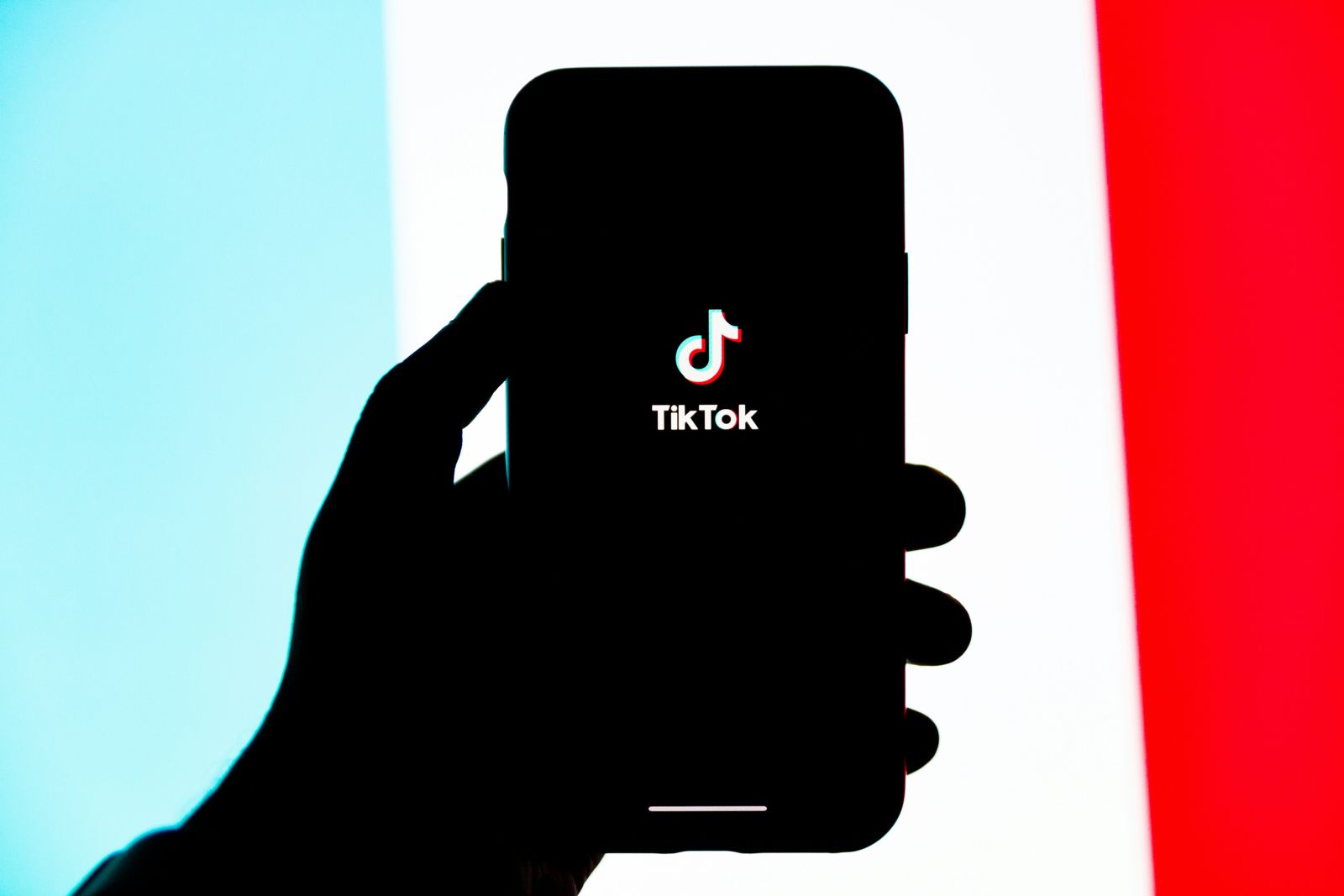
How things can change. A while ago, if someone had asked me who I found inspiring, Elon Musk would have topped my list. He was doing incredible things with electric cars, rockets, satellites, underground tunnels, AI, and brain implants. In the meantime, he even took over a social network. Fascinating, unbelievable, and impossible to pin down.
Lately, when I read about him, I keep thinking of a James Bond villain: a powerful genius with limitless resources who wants to turn the world order upside down.
But I’m writing these blog posts as a brand strategist, so my personal feelings don’t matter much. A more important question is: what is the impact of Elon Musk’s controversial behavior on the Tesla brand? Let me break it down.
The background
First, the basics. A CEO’s reputation can greatly influence a brand’s image. A charismatic leader, with plenty of power and freedom to act, can give a brand a strong, human personality.
But if that personality strays too far from common norms, or if the leader ends up in a negative spotlight, it can seriously damage the brand. Social media has amplified this effect.
Think of Travis Kalanick, co-founder and former CEO of Uber. He came under fire over reports of sexual harassment, abuse of power, and a lack of diversity. That took its toll on Uber. Or Adam Neumann, co-founder and CEO of WeWork. He was known for his extravagant lifestyle and unconventional management style. Stories about self-enrichment through real estate deals and risky business decisions led to a failed IPO in 2019.
At Tesla, both factors are very much at play. On one hand, Musk is almost synonymous with Tesla. On the other hand, he’s extremely active on social media. He has not only more than 200 million followers on X, he also owns the entire network.
Of course, Musk isn’t the first CEO to speak out on political issues. But the way he does it would have been unthinkable a few years ago.
Initially, the outspokenness worked in Tesla’s favor
Until recently, Musk’s high-profile behavior gave Tesla a significant boost. Tesla grew in part through bold, headline-grabbing initiatives. The brand broke new ground for electric driving and leads the pack in innovations like self driving taxis and futuristic robots. Musk received a lot of praise for his pioneering role.
He amplified that with grand promises In doing so, he got Tesla extensive media coverage without the brand needing to spend money on advertising.
“At Tesla we’ve never spent any money on advertising, we put all the money into R&D, manufacturing and design to try to make the car as good as possible.”
Tesla seemed to be a prime example of a brand with a “Why” : it wasn’t on Earth merely to sell cars, but to save the world. Musk even stood out by openly sharing Tesla’s groundbreaking patents. The idea was to speed up sustainability by collaborating with competitors.
Now Musk is “red,” while Tesla is “blue”
But times are changing. Musk has thrown his hat into the ring as a Republican hardliner. For example, by stating that only Trump can save the United States.
Recently, Tesla’s popularity has risen among Republican Americans. That’s partly because Musk took a strong stance against woke culture. In the run-up to the U.S. elections, 62% of Republican voters viewed Musk positively. Another study suggests that 72% of Republican voters now have a positive opinion of SpaceX, Tesla, and X executive Elon Musk. A year ago, that number was 52%.
But the question is whether Musk has backed the right horse. After all, 79% of American Democrats views Musk negatively. Meanwhile, Tesla is a brand with a strong Democratic following. Ownership of electric cars in the U.S. is clearly linked to political views: one-third of all electric cars sold in America end up in Democratic areas.

Across the board, Democrats in the U.S. have a more positive view of electric cars than Republicans. Only 13% of Republicans say they’re open to buying one; among Democrats, that figure is 45%. Another study shows that 31% of Democrats say they don’t want to buy an electric car, while for Republicans that number is 82%.
There might be one exception: MAGA America might be the biggest buyer of the chunky Cybertruck. Donald Trump already received a Cybertruck from an influencer as a gift
Companies are getting rid of their Teslas
Several reports have surfaced of companies dumping their Teslas because of Musk’s shift to the right. The German retail chain Rossmann announced that Tesla models were no longer welcome as company cars. Musk’s position, according to Rossmann, no longer fits the company’s green values. Ironically, that was precisely why Tesla used to be extra welcome.
The Belgian real estate company Revive also said it was parting with its Teslas because of Musk’s radical views.
“We were fans from the very beginning. Tesla stood for a better world, a forward-thinking strategy that we fully supported as a company. But today, we no longer identify with Elon Musk’s views.”
While these make for eye-catching headlines, the bigger question is how representative this is. Let’s take a closer look.
Tesla’s popularity is indeed declining
Yes, Tesla’s popularity has indeed dropped, particularly in the United States & Europe. In November 2021, 70% of those surveyed still considered buying a Tesla. Last month, that figure was just 31%. Brand preference is falling, and that’s not a good sign. There’s a strong correlation between brand preference and revenue.
In California, a Democratic state and traditionally Tesla’s main home market, Tesla sales fell. In Q2 of 2024, they went down by 24%. Tesla also saw lower sales worldwide. In the Netherlands, my home market, Tesla’s figures have also taken a serious dip. Last September, Tesla was still the most popular car brand in the country. The Model 3 and Model Y were the most frequently sold cars here. But October painted a different picture. No Tesla model made it into the top five.
Tesla’s image has also taken a hit. Periodic surveys by market research firm Caliber show a clear decline in trust among U.S. consumers. And that correlates with purchase intent. The firm attributes) the trend to polarized opinions about Musk. Other researchers similarly see Musk as a direct factor in Tesla’s worsening reputation.

Brand Finance found that Tesla’s reputation declined over the past year in the U.S. It saw particular declines in Europe, where its consideration score dropped from 21% to 16% from 2024 to 2025. However, the brand retained a high loyalty score (at 90%) in the US. This means that customers who already owned a Tesla are likely to continue driving one in the next 12 months. However, Tesla’s recommendation score in the US fell from 8.2 out of 10 to 4.3.
There was no relevant reputational decline in China, where access to news about the company and its CEO may have been more limited. In Germany, Tesla’s reputation actually improved.
Tesla brand value dropped $15 billion in 2024, according to the researchers. They attribute this to an aging lineup and Musk’s position. Tesla’s brand value is now estimated at $43 billion. This was $58.3 billion in early 2024 and $66.2 billion in early 2023. Tesla’s scores on key metrics such as consideration, reputation and recommendation fell across the board in the US, Europe and Asia.

Will Tesla follow X?
The key question now is whether Tesla will follow Twitter-turned-X’s downward trend. Since Musk took over Twitter, the platform has lost quite a few users. Early in 2024, the number of daily app users in the U.S. was down compared to November 2022, right after Musk took the reins.
We should note that other social networks also saw a drop in that period. But none came close to X’s decline. It didn’t help when Musk declared war against advertisers who left X.
There’s definitely no positive correlation between Musk’s controversial stance and Tesla’s results. But here’s the catch: there are multiple developments behind Tesla’s downward trend.
Look at the falling sales, for example. That also comes from growing competition by Chinese brands like BYD, NIO, and Zeekr, as well as legacy automakers who are now serious about electric cars. Tesla has struggled with a slow production ramp-up of the futuristic Cybertruck. All this is happening against a backdrop of slowing economies and rising interest rates.
There are also moves on another chessboard. A Trump presidency will likely have a negative impact on the future of electric cars. But that might actually work in Tesla’s favor. The tax benefits Trump threatens to cancel mostly help Musk’s rivals, because Tesla is profitable while other automakers sell their EVs at a loss.
Musk has expressed support for Trump’s plan to end subsidies, even though Tesla benefited from them for years.
“Take away the subsidies. It will only help Tesla.”
Musk also stated that Chinese electric car manufacturers are the most competitive in the world. They threaten Tesla’s market share. BYD is close to surpassing Tesla. In the Chinese market, the domestic brand has emerged as a strong competitor to Tesla. BYD has capitalized on its local understanding and government support. Trump’s proposed tariffs on Chinese products could be good news for Tesla.
And Trump is likely to speed up the approval of autonomous driving technology. This helps Tesla develop self-driving cars, which are important for the Robottaxi plans.
Not surprisingly, Tesla’s stock market value rose by nearly 40% after Trump was elected. Investors clearly see a future in Musk’s new stance, despite the negative trends I mentioned above. One month being in The White House, things have changed dramatically for Tesla, their share value dropped by 28% in February.
“A star striker can also beat his wife”
Not all criticism of Musk automatically translates into a worse image for Tesla. Some Tesla Fans (in Dutch) have decided to separate the car and its maker in their minds. They still appreciate the brand’s technological edge, especially now that Tesla has lowered its prices.
“It’s the same with movie stars or athletes. Someone can be a brilliant goal scorer but also beat his wife. Do you then stop watching his matches?”
This is where Tesla can benefit from cognitive dissonance. People want consistency between what they do and what they believe. If someone has invested money and emotion in a car brand, negative news can be uncomfortable. One way to reduce that discomfort is to downplay how serious it is.
Not everyone is aware of Musk’s statements. One potential buyer says (In Dutch)s she’ll just choose the car that best suits her family’s needs. She doesn’t pay much attention to what Elon Musk says and doesn’t really follow it. As a director at Auto Trader puts it”:
“For most consumers, news about car brands doesn’t matter. They simply choose the car that fits their needs and budget.”
Parallels with DieselGate
This duality is reminiscent of Volkswagen’s DieselGate scandal. Volkswagen manipulated emissions tests, causing major reputational damage and billions in fines. Yet the impact on actual sales varied.. The used-car market took a bigger hit than new car sales. And in Europe, Volkswagen’s revenue bounced back fairly quickly a year after the scandal began.
Again, there was a flip side. Many people found Volkswagen’s actions reprehensible, but that didn’t mean they lost faith in the car’s quality. They still believed in the technology, the strong resale value, and the wide model range.
In the same way, Tesla may still benefit from its above-average technical performance. Drivers remain excited about the brand’s charging infrastructure, battery technology, and software. Tesla’s fan base is remarkably loyal. This was already evident when Tesla faced criticism over quality control, long waiting times, and technical issues.
Market researcher S&P Mobility found that Tesla had the highest loyalty of all major car brands. A full 68% of owners picked Tesla again when buying a new car. One climate activist says she wanted to avoid Tesla because of Musk’s support for Republicans. But last year, she still bought a Model Y, citing a lack of other EVs with a reliable charging infrastructure. So people can disapprove of Musk yet still embrace Tesla.
Tesla isn’t Hummer or Lonsdale
It’s quite unlikely that Tesla will become a “statement brand.” It’s unlikely to end up in the same category as Hummer or Lonsdale, where you simply can’t be seen with it.
Remember that at one point, Hummer drivers were identified with “monstrous gas-guzzlers and rude driving: the symbol of society’s descent into rudeness.” Lonsdale was overtly worn by youth with far-right leanings and got branded as racist.
That probably won’t happen with Tesla. Intrinsically, the car still “does the right thing.” You can still justify driving one as an environmentally conscious driver or an innovative nerd. And the chance that Tesla will be hijacked as a controversial MAGA symbol seems small.
Tesla seems more like air travel. In practice, the urgency isn’t big enough for most people to change their behavior, no matter what negative reports say about flying’s harmful effects.
Tesla’s free publicity is becoming harder to come by
We can expect an impact on Tesla’s “earned media.” As I mentioned at the start, the Tesla brand was built in a revolutionary way, without using ads. That worked partly because Tesla, as a bold underdog, had a certain appeal in the press. That goodwill is now much weaker. In the context of “the rise and the fall,” the media may be quicker to speculate about Tesla’s potential downfall.
This means Tesla will no longer find media coverage so easy. It’s telling that Tesla has now started using ads to boost results.
All in all, it’s a mixed picture
So, it’s a mixed situation with multiple forces at work, on multiple levels. Several brand indicators are flashing red, and that should concern Musk.
Especially if the fundamental differences with competitors shrink, customers’ choices will hinge more and more on what else is tied to the brand. If competitors match Tesla’s charging network and battery performance, Musk’s controversial actions could become a bigger drag.
But I’m not ready to bet on Tesla’s final downfall just yet. Even though it’s now the popular whipping boy, it could still go in any direction. After all, Musk has a superpower for shaking up the board with a few heavy punches.
A Tesla shareholder activist believes Musk’s remarks could eventually harm Tesla. Yet he sees that Musk’s earlier controversies haven’t dented customer loyalty much. But he agrees that at some point, there might be a straw that breaks the camel’s back. I’m seeing similar sentiments elsewhere.
Others in the auto industry who do business with Tesla also believe Musk’s political statements won’t fundamentally sink Tesla’s sales. But they don’t want to be quoted for fear of angering Musk’s legion on social media.
The final outcome depends a lot on how the market develops, what competitors do, and how subsidies change. It also depends on whether Musk ultimately tones down his rhetoric or ratchets it up even more. And whether Tesla manages to develop its own image, apart from its founder’s whims.
To be continued.
Ingmar de Lange
Ingmar is an innovative brand strategist, passionately making brands better, more authentic and more effective. With more than 20 years of strategic experience and breakthrough thinking, he is a thought leader on building brands in the digital age.
In October 2022, Ingmar published his book Sterk Digitaal Merk (Strong Digital Brand): how to build a brand in this digital age. The book has been awarded Marketing Book of the Year by the PIM Marketing Literature Prize!
Ingmar helps brands with 5Ps: defining a brand’s Purpose, Positioning a brand, structuring brand Portfolios, developing brand Propositions and creating Promotional brand strategies.
To avoid deaths by Powerpoint, Ingmar directly brings his strategies to life with inspiring prototypes. Think of mockups for ads, apps, sites or realistic sketches of product and services. These can be easily shared within an organisation. And it's a simple and agile way to test a new strategy.
He already worked for 100+ brands in many industries, ranging from A brands to B2B brands, NGOs and startups.
Ingmar also lectures about Digital Brand Building at the leading Dutch marketing academies. Examples are Beeckestijn, EURIB, NIMA, VEA, Iris Academy, SRM and Nyenrode. His highly rated sessions focus on brand development, brand innovation, behavioural design and storytelling.
Related Posts
July 2, 2024
How TikTok is Teaching Brands to Stand Out in a Crowded Market: A Lesson in Authenticity and Innovation
One day, I stumbled upon a part-time position within the events team at the…



